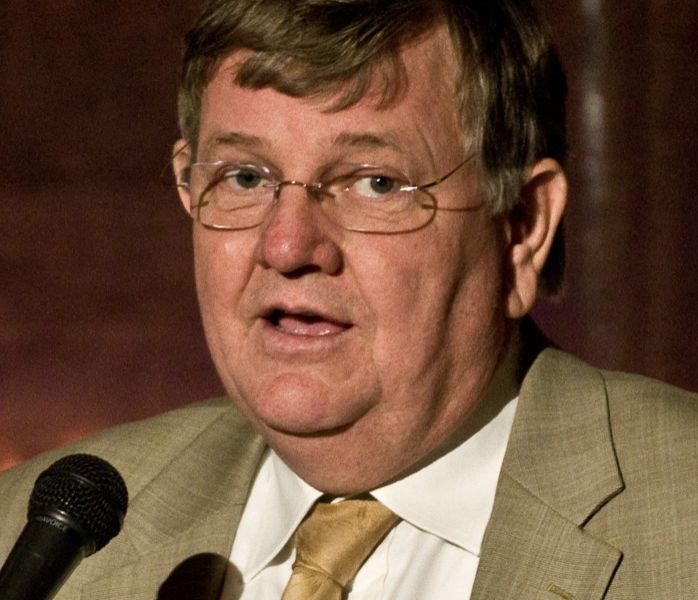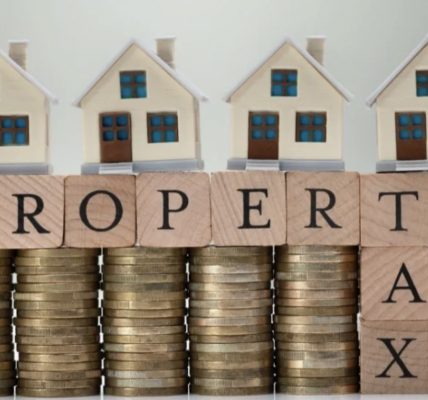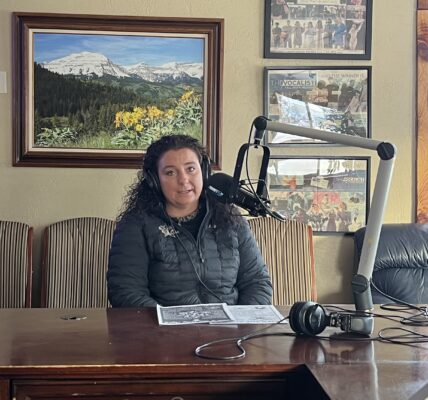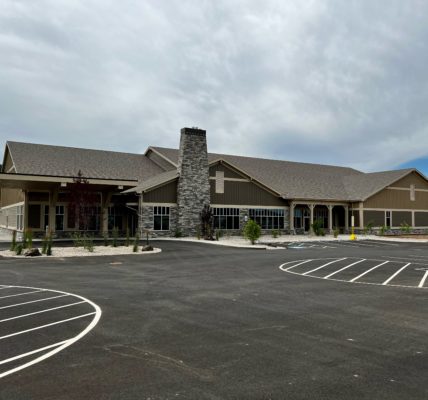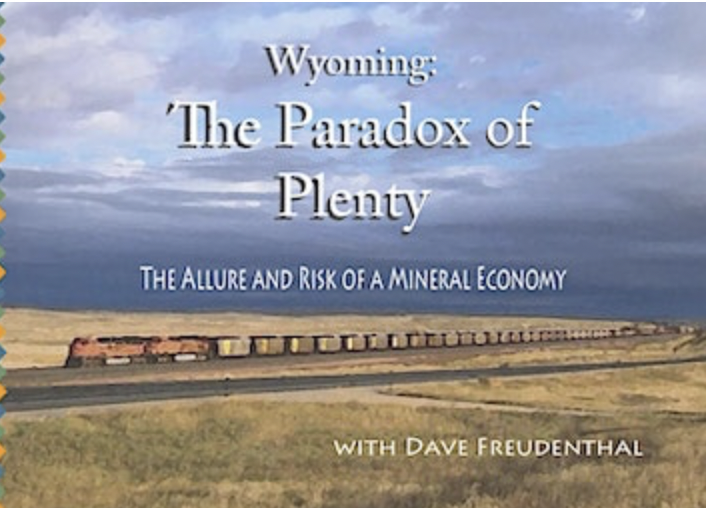
By Sarah Elmquist Squires
Lander Journal
Via- Wyoming News Exchange
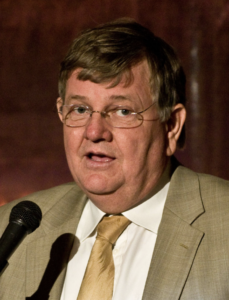
LANDER — Former Wyoming Governor Dave Freudenthal’s book “The Paradox of Plenty” recalls a common bumper sticker seen in the state during downturns in the coal and gas industry: “Oh Lord, grant me another boom, I promise not to screw it up this time.”
And for decades, that boom would inevitably come.
Revenue from those extractive industries has long been the backbone of Wyoming’s economy, but the future of that revenue is diminishing, Sen. Cale Case, R-Lander, and Freudenthal noted during a recent online talk hosted by the Equality State Policy Center and Wyoming Tax Facts.
The former governor pointed to the numbers: Wyomingites pay for somewhere between 15-20% of the government services they receive, with so much of the state’s funding derived from coal, oil and gas revenue.
But as that major source of funding decreases, it strains the state’s entire tax structure, and how the state might change its tax game was the topic of the day during Case and Freudenthal’s discussions.
Case recalled his first year in the legislature – 1994 – when state leaders raised sales taxes from 3-4% during a big downturn in the oil and gas markets.
“I’ve seen us be desperate for funds,” Case noted. “I know that these things come around to get us. There are huge, structural, long-term reasons why Wyoming is not going to be able to enjoy these mineral taxes [forever]. We need to realize that we’ve got to clean house and make some changes.”
Growth
Both Case and Freudenthal noted that Wyoming’s neighbors have all done a better job with population growth and recalled the challenges in both recruiting people and businesses to the Equality State, and the impact that successful recruitment has on state and local government.
Freudenthal recalled working to recruit gun manufacturers and other industries to the state during his time as governor.
“The thing that struck me as governor when trying to recruit businesses is we talk about the favorable tax climate, and ultimately, it was not persuasive,” he said.
In the instance of the gun manufacturer: “The guy points at a machinist and says, ‘If I lose this machinist I could have another one in three days,’” Freudenthal said, explaining that the “critical mass of workers that are available to support those industries that move here and not present.”
Instead, industry leaders want a stable workforce and they want to know about schools and health care, he said.
“It became apparent to me that low taxes, which I valued, was simply not the panacea that we’ve come to believe it was,” said Freudenthal.
Because of the way the tax structure works, Case explained, when business recruitment is successful and brings in more families, instead of providing economic benefit, it strains local governments and increases the reliance on mineral taxes to foot the bill.
“When we recruit someone in, we actually make it worse,” he said. “I think people are actually afraid to come here and bring their businesses, because they know [Wyoming’s tax structure] is not going to work in the long-run.”
A host of bills aimed at reducing property taxes will come before the legislature in its upcoming session.
“We need to understand, property taxes support local government. They mostly support schools,” Case said.
And while many point to state reserves as being able to cover funding gaps for towns, counties and schools, the senator said it isn’t that simple.
“There is no mechanism to move money from the state to local governments in a meaningful way without some substantial changes,” he explained.
Even using the state’s “rainy day” fund to cover funding gaps, Case said, “We’d have about two years of good cigars” before the well ran dry.
“We’ve essentially made communities beggars of the state for funding,” Freudenthal added. “By and large we have set it up that local governments lack a lot of the resources they need to be independent and build the communities that they want. The legislature will throw them a bone or two … But the question of sustained, reliable resources for communities to develop themselves has yet to be addressed.”
The future
Freudenthal isn’t a big fan of the state investing money into carbon capture technology.
“The federal government’s put billions into it and they still haven’t tackled it,” he said.
Case shared an idea for new revenue tied to renewable energy: taxing gross receipts of energy.
There will soon be three major transmission lines cutting through Wyoming, transporting renewable energy – mainly wind – to other states. Case said applying this kind of tax, while removing the sales tax on electricity residents here pay, would mean that Wyoming could take better advantage of the renewable energy being used outside the state.
“It won’t hurt us any more [than the current electricity sales tax], but it’ll begin to collect revenues that we can collect for decades to come,” he said.
Freudenthal said he favors expanding targeted property tax relief efforts and ways to ensure that they help people who really need it, such as seniors who are struggling to stay in their homes as they face rising property values and tax bills.
“The real problem is making sure that we focus on providing assistance to the people who need it, as opposed to providing a gift to people that don’t,” he said.
Several questions arose about how meaningful tax reform could take shape in Wyoming.
“The truth is we’re undertaxed and underserved,” noted Freudenthal. “I actually think the public has a better understanding of what a good deal that they have than they want to admit.”
He said he was troubled by the trend of adopting national politics in Wyoming – people decrying the world was going to end.
“We can recreate an optimistic sense about what Wyoming can be,” the former governor said. “The world’s not going to end, people. We don’t let it. I think we’ve got a great future, if we cowboy up.”

